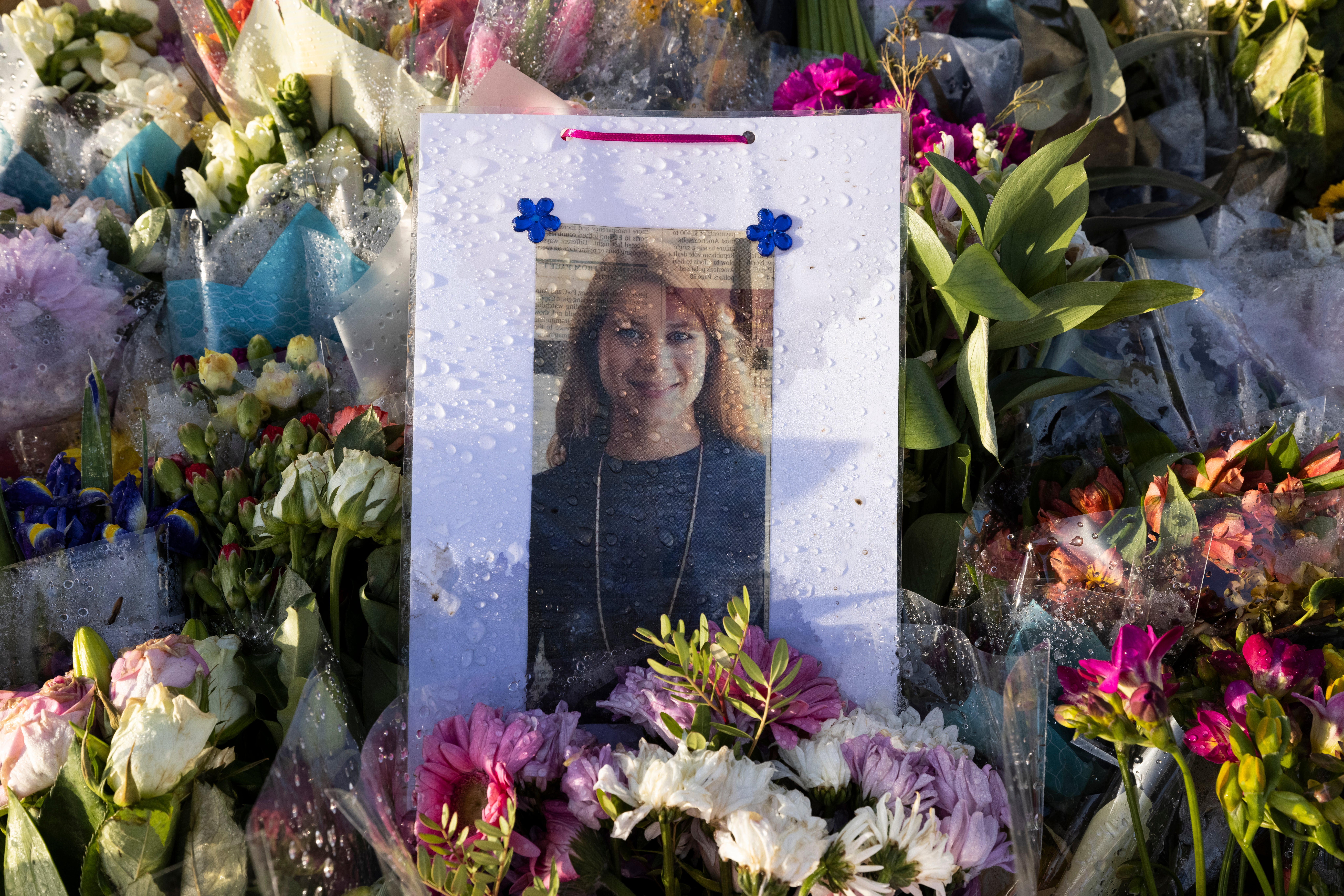
A Metropolitan Police officer who failed to properly investigate reports of Wayne Couzens flashing female McDonald’s staff days before he murdered Sarah Everard has been found guilty of gross misconduct.
Former constable Samantha Lee, who resigned from the force last year, was found to have provided a “misleading account” when questioned by watchdog investigators and breached professional standards.
She had attended a branch of McDonald’s in Swanley, Kent, on 3 March 2021 and interviewed manager Sam Taylor, hours before Sarah Everard was kidnapped by Couzens.
Staff there had reported a man exposing himself at the restaurant’s drive-thru on two dates the previous month, and had CCTV of his car registration and his card details.
But when later questioned about the interview, Ms Lee claimed that believed that CCTV at the restaurant was deleted automatically so there would be no footage of Couzens or the offence.
Panel chairman Darren Snow said that Ms Lee would have been dismissed without notice had she still been a serving police officer, and barred her from serving in the police again.
Mr Taylor said that he had shown Ms Lee CCTV footage and pointed out the registration plate of the same car Couzens used to abduct Ms Everard.
The panel found that Ms Lee had been driven to dishonesty by the “pressure” of the investigation.
In her evidence, the former constable admitted that she made some errors but said nothing she could have done “would have changed the tragic outcome” of the murder.
In a statement made outside Palestra House after the hearing, Ms Lee said that she had been made a “scapegoat”.
She added: “I am a young female PC and I am the only person who has faced any disciplinary action in relation to this.
“There is only one person who is responsible for everything that happened and that is Wayne Couzens. I have never lied.”
Couzens was sentenced to 19 months in prison after admitting three counts of indecent exposure in March, although he was already serving a whole-life sentence for the kidnap, rape and murder of Ms Everard.
Metropolitan Police deputy assistant commissioner Stuart Cundy said: “The purpose of the gross misconduct hearing was not to decide whether Wayne Couzens’ future offending could have been prevented.
“The wider circumstances leading to Sarah Everard’s terrible murder will be considered by the Angiolini Inquiry and any subsequent inquest, and we are fully assisting them with their vital work.
“Fundamentally, I am sorry that Couzens was not arrested before he went on to murder Sarah Everard and we continue to think of her loved ones.”
Following the hearing, the Independent Office for Police Conduct announced that it is for the introduction of a national system designed to ensure that when criminal allegations are made against serving officers, police forces are told.
It said it was “vital” police are made aware early on when their officers are suspected of offences and will be talking to the National Police Chiefs Council to drive change, after Couzens’ case exposed that there is no system in place to alert forces when a police officer becomes a suspect.

In a separate investigation, the IOPC found that a Kent Police sergeant failed to follow all reasonable lines of enquiry after a motorist - later identified as Couzens - indecently exposed himself to a pedestrian in 2015.
The officer, who knew Couzens’ police officer brother and previously worked at the same police station as Couzens himself, did not carry out CCTV enquiries or seek to identify further witnesses and and did not contact Couzens to establish if he was still the registered keeper of the car allegedly involved, and where he was at the time.
A hearing held by Kent Police found the officer “breached police standard for duties and responsibilities but that it did not amount to misconduct”.
“It was decided that he would undergo reflective practice, including training on sexual offences and input on investigative processes,” the IOPC said.
As a result of all IOPC investigations linked to Couzens so far, a total of 11 officers from four different forces have faced disciplinary proceedings.
Two of those received custodial sentences for sending grossly offensive messages via WhatsApp, seven were dismissed or would have been dismissed if still serving, two received final written warnings for the sharing of an “inappropriate graphic” and two received reflective practice.







